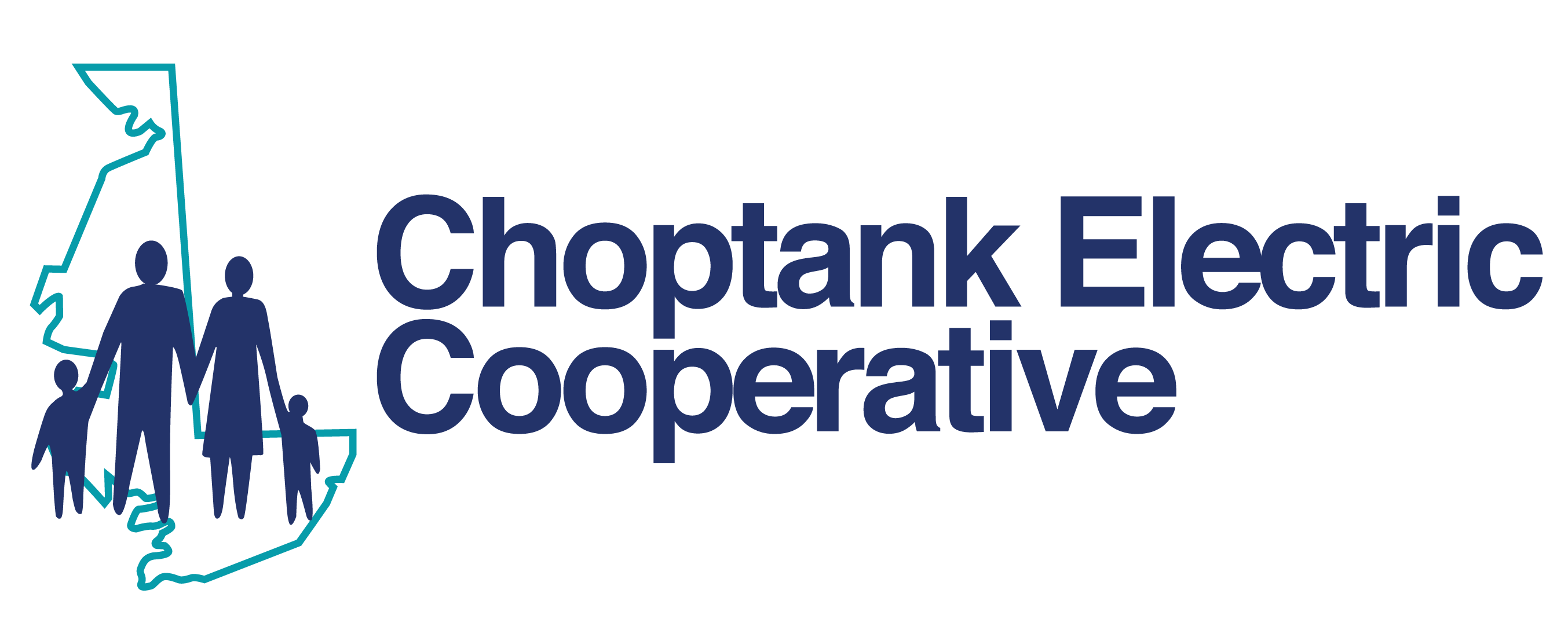Three Things You Probably Didn't Know About Generator Safety
If you own a generator, chances are you could be at risk of electrocution, fire injury, property damage, or carbon monoxide poisoning if you do not follow the necessary safety rules. When the power goes out, make sure you know these guidelines before using your generator:
- Never connect a generator directly to your home’s wiring unless your home has been wired for generator use. This can cause backfeeding along power lines and electrocute anyone coming in contact with them, including lineworkers making repairs. Have a licensed electrician install the equipment necessary to safely connect emergency generators to your home.
- Always plug appliances directly into generators. Connecting the generator to your home’s circuits or wiring must be done by a qualified, licensed electrician who will install a transfer switch to prevent backfeeding.
- Use heavy-duty, outdoor-rated extension cords. Make sure extension cords are free of cuts or tears and the plug has three prongs. Overloaded cords can cause fires or equipment damage.
Want even more generator safety tips? Keep reading:
Ensure your generator is properly grounded.
Never overload a generator. A portable generator should only be used
when necessary to power essential equipment or appliances.
Turn off all equipment powered by the generator before shutting it down.
Keep the generator dry. Operate it on a dry surface under an open
structure.
Always have a fully charged fire extinguisher nearby.
Never fuel a generator while it is operating.
Read and adhere to the manufacturer’s instructions for safe operation.
Never cut corners when it comes to safety.
We encourage you to protect the well-being and safety of your family during outages, and safeguard those who come to your aid during emergency situations. When we work together for safety and the good of our communities, we all benefit.
